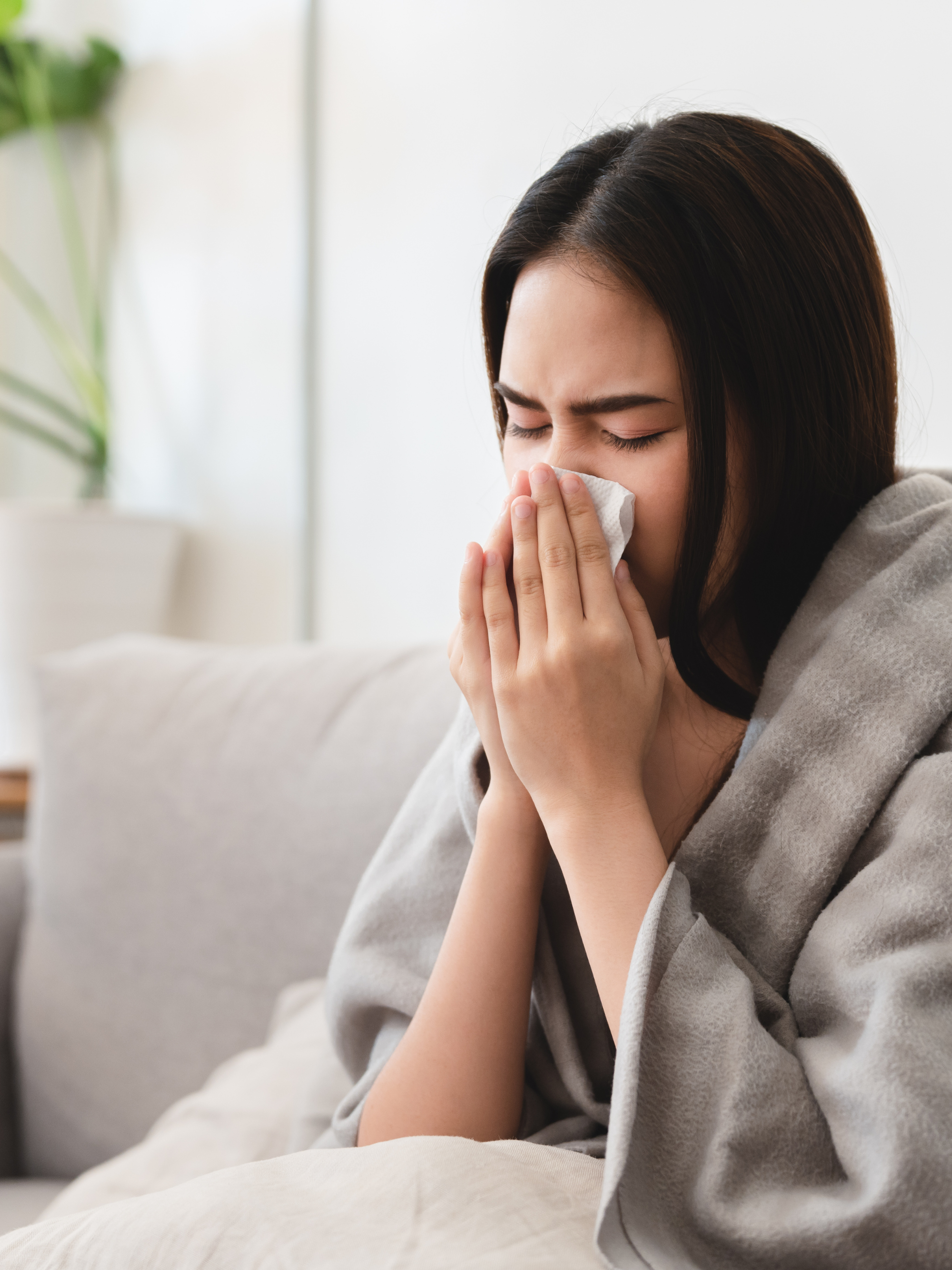5 powerful ways to reduce your risk of colorectal cancer
Sunday 29 May is World Digestive Health Day. This year, the focus is on routine screening in the prevention of colorectal cancer. To raise awareness, we share 5 powerful ways to reduce your risk of bowel cancers.
Colorectal cancer is the second leading cause of cancer-related death in the world. Scientists believe around half (54%) of these cancers could be prevented by having a healthier lifestyle. Take control of your health by following 5 simple steps to improve your health and lower your risk:
1. Increase dietary fibre
Fibre comes from wholegrains, fruit, vegetables, nuts, seeds, and legumes/pulses. A systematic review from 2011 showed that consuming a diet rich in dietary fibres, particularly from wholegrain sources like rye bread, cereal, porridge, and brown rice, was associated with a 10% reduction in risk of colorectal cancer for each 10g/day intake of total fibre. The overall message is, the higher the fibre, the lower the risk.
2. Avoid processed meat and limit red meat
If you consume a lot of red and processed meats, it might be time to make some healthier swaps. A UK study in over 470,000 people found that people who consume red and processed meats four or more times a week had a 20% higher risk of colorectal cancer than those who consumed it less than twice a week. For high protein swaps, we recommend beans, lentils, seafood, eggs, tofu, or chicken.
3. Increase physical activity
Research consistently shows that people who are more physically active have a reduced risk of colorectal cancer. Each week, aim to accumulate at least 150 minutes of moderate intensity exercise (brisk walking, swimming or cycling); or 75 minutes of vigorous intensity exercise (running); or even shorter durations of very vigorous intensity exercise (sprinting or chair climbing); or a combination of the above. Physical activity should be a sustainable habit, so participate in movement that you enjoy!
4. Maintaining a healthy weight
Being overweight or obese and carrying a lot of weight around your waist can increase your risk of colorectal cancer. We recommend seeking support from a dietitian or nutritionist to help you develop and maintain healthy habits in a sustainable, long-term way.
5. Avoid alcohol and smoking
We all know that alcohol and smoking are key risk factors for many cancers, including colorectal cancer. Try and limit alcohol intake to no more than 14 units a week, spread across the week. For smoking, evidence suggests that people are 3 times more likely to quit successfully if they are supported by the NHS, friends, and family. Use your existing support networks, and see your GP for your best options.
Struggling to get enough fibre in your diet?
Getting our 30g of daily fibre intake exclusively from whole foods is ideal. But for many of us, this just isn't possible. Busy schedules, low energy, poor sleep, and too much stress, means that we simply don’t have the time or energy to cook the right kinds of food. The latest figures show that 90% of us fail to consume the recommended intake, with the average person getting about 18g each day.
The gut microbiome scientists and dietitians at myota have developed a number of precision fibre mixes, with each scoop providing 1/3 (10g) of your fibre needs. Our fibres are specifically designed to support long-term metabolic, digestive, and immune health. Our mixes are purified versions of the fibres that comes from natural plant sources. Find out more here.








